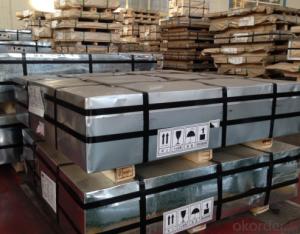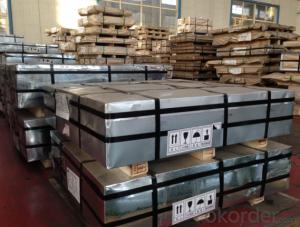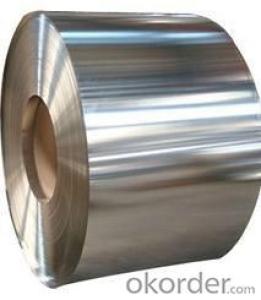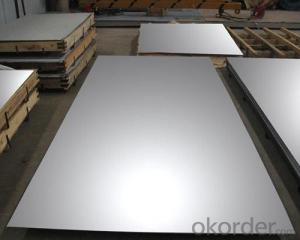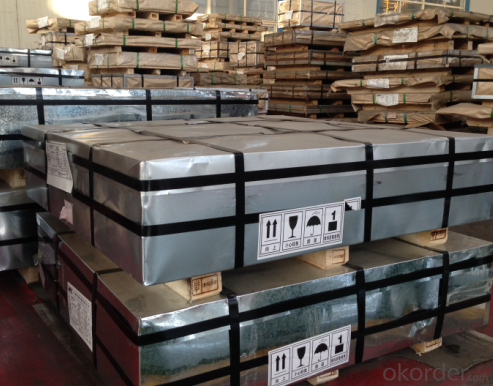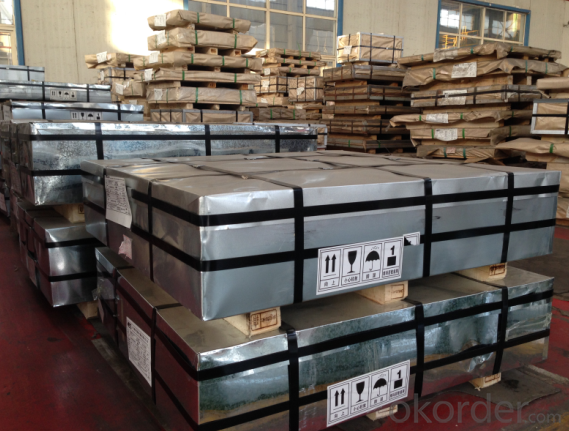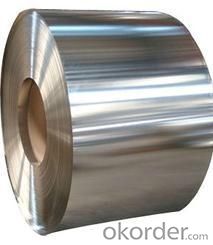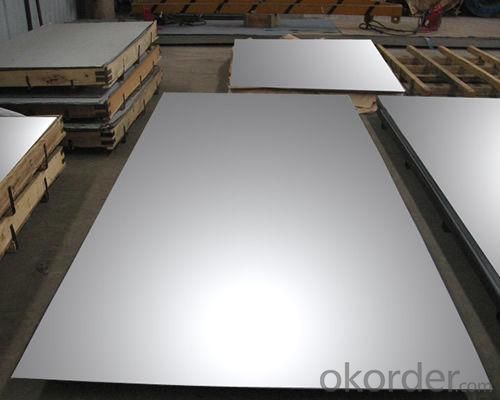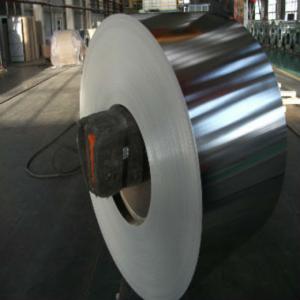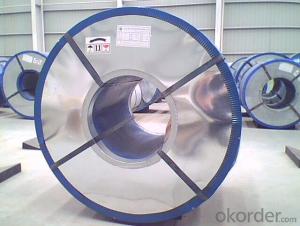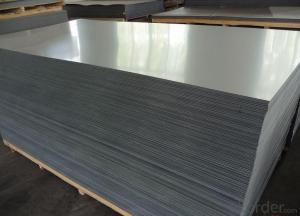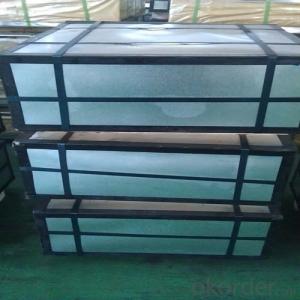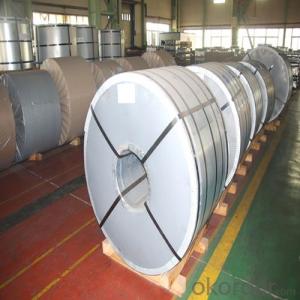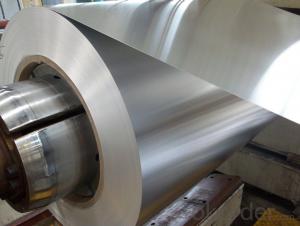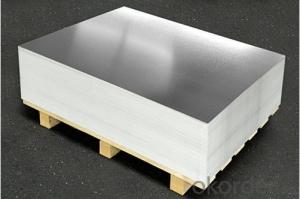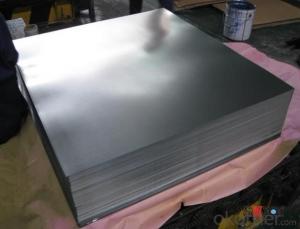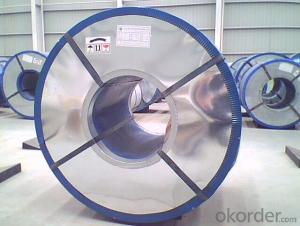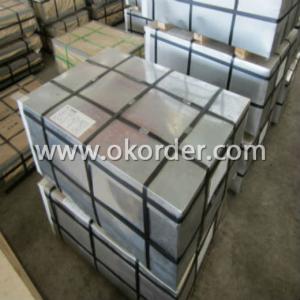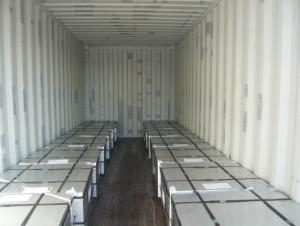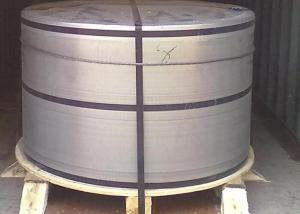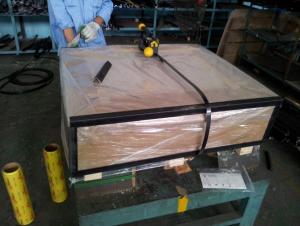Electrolytic Tinplate in Sheets and Coils for Cans Packing in good quality
- Loading Port:
- Tianjin
- Payment Terms:
- TT OR LC
- Min Order Qty:
- 25 m.t
- Supply Capability:
- 7000 m.t/month
OKorder Service Pledge
OKorder Financial Service
You Might Also Like
1.Structure of Electrolytic Tinplate in Sheets and Coils for Cans Packing Description
Due to Tinplate packaging`s good seal, nature, dark, robustness and unique decorative metal charm, it has a wide range of coverage in the packaging container industry,and common international packaging varieties. With a variety of CC tinplate material, DR materials, chrome plated and constantly enrich and promotion and development of packaging products and technology, tinplate packaging has promoted with innovation.
Because of its strong antioxidant and diverse styles, beautifully printed, tinplate containers are very popular and loved by customers, and they are widely used in food packaging, pharmaceutical packaging, commodity packaging, instrumentation, packaging, industrial packaging and so on.
With the continuous improvement of tinplate printing technology and processing technology, tinplate packaging has developed more widely.
2.Main Features of the Electrolytic Tinplate in Sheets and Coils for Cans Packing
Appearance – Electrolytic Tin Plate is characterized by its beautiful metallic luster. Products with various kinds of surface roughness are produced by selecting the surface finish of the substrate steel sheet.
Paintability and printability – Electrolytic Tin Plates have excellent paintability and printability. Printing is beautifully finished using various lacquers and inks.
Formability and strength – Electrolytic Tin Plates have got very good formability and strength. By selecting a proper temper grade, appropriate formability is obtained for different applications as well as the required strength after forming.
Corrosion resistance – Tinplate has got good corrosion resistance. By selecting a proper coating weight, appropriate corrosion resistance is obtained against container contents. Coated items should meet 24 hour 5 % salt spray requirement.
Solderability and weldability – Electrolytic Tin Plates can be joined both by soldering or welding. These properties of tinplate are used for making various types of cans.
Hygienic – Tin coating provides good and non toxic barrier properties to protect food products from impurities, bacteria, moisture, light and odours.
Safe – Tinplate being low weight and high strength makes food cans easy to ship and transport.
Eco friendly – Tinplate offers 100 % recyclability.
Tin is not good for low temperature applications since it changes structure and loses adhesion when exposed to temperatures below – 40 deg C.
3.Electrolytic Tinplate in Sheets and Coils for Cans Packing Images
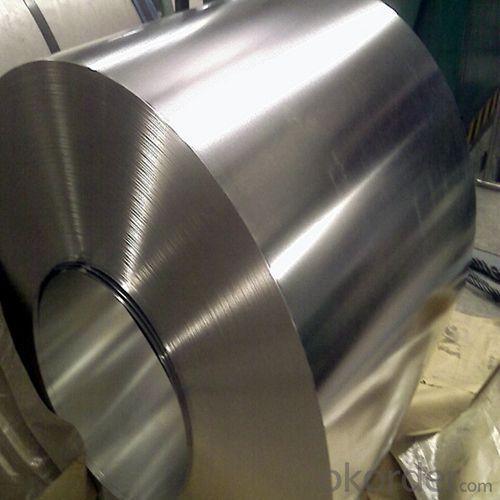
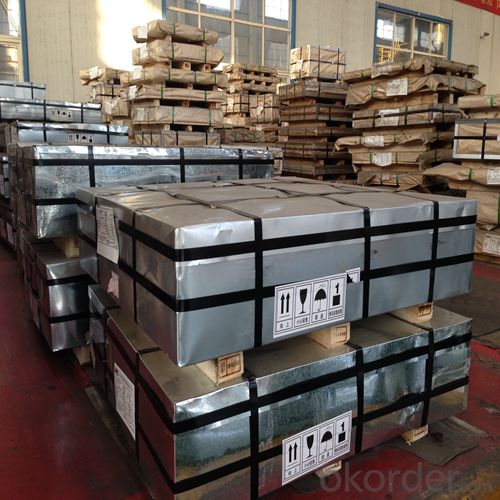
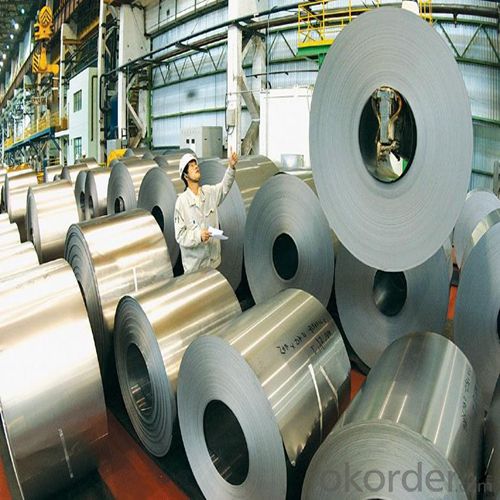
4.Electrolytic Tinplate in Sheets and Coils for Cans Packing Specification
Standard | ISO 11949 -1995, GB/T2520-2000,JIS G3303,ASTM A623, BS EN 10202
|
Material | MR,SPCC |
Thickness | 0.15mm - 0.50mm |
Width | 600mm -1150mm |
Temper | T1-T5 |
Annealing | BA & CA |
Coil Inner Diameter | 508mm |
Weight | 6-10 tons/coil 1~1.7 tons/sheets bundle |
Passivation | 311 |
Oil | DOS |
Surface | Finish,bright,stone,matte,silver |
5.FAQ of Electrolytic Tinplate in Sheets and Coils for Cans Packing
- How are the Electrolytic Tin Plates specified?
The Electrolytic Tin Plates are specified as per the steel base, extent of tempering, the coating weight, annealing method and the surface finish.
- How many types there are for base steels?
The base steels are of three types: Type MR, L, D
- Q: How long does tinplate last?
- Tinplate can last for several decades, or even longer, depending on various factors such as the quality of the tin coating, the environment it is exposed to, and the maintenance practices followed.
- Q: How does tinplate packaging contribute to product stability during transportation?
- Tinplate packaging contributes to product stability during transportation by providing a strong and durable enclosure that protects the contents from external factors such as impacts, vibrations, and temperature changes. The rigidity of tinplate packaging prevents the product from shifting or getting damaged, ensuring its integrity throughout the journey. Additionally, tinplate packaging offers an effective barrier against moisture, air, and light, which helps to preserve the quality and freshness of the product, reducing the risk of spoilage or degradation during transportation.
- Q: How does tinplate contribute to the aesthetics of furniture?
- Tinplate contributes to the aesthetics of furniture by adding a unique and eye-catching element to its design. With its shiny and reflective surface, tinplate can create a modern and sophisticated look. It can be used for various decorative purposes, such as accents, inlays, or even as a complete surface finish, enhancing the overall visual appeal of furniture. Additionally, tinplate is versatile and can be easily shaped or embossed, allowing for intricate and detailed designs, further enhancing the aesthetics of furniture pieces.
- Q: Can tinplate be customized with embossing or debossing?
- Yes, tinplate can be customized with embossing or debossing techniques.
- Q: Can tinplate be used for packaging products with sharp edges?
- Yes, tinplate can be used for packaging products with sharp edges as it provides a sturdy and protective barrier that helps prevent damage during transportation and handling.
- Q: What are the main challenges in tinplate welding and soldering?
- The main challenges in tinplate welding and soldering include achieving proper adhesion due to the thinness of the tin coating, ensuring the cleanliness of the surface to prevent contamination, and controlling the heat input to avoid warping or damaging the tinplate material. Additionally, the low melting point of tin can make it prone to overheating or burning, requiring careful temperature control during the welding or soldering process.
- Q: What are the different ways to recycle tinplate packaging?
- There are several different ways to recycle tinplate packaging. One common method is to sort and separate the tinplate from other materials, such as paper or plastic, at recycling facilities. This allows the tinplate to be melted down and used to create new products. Another option is to reuse tinplate packaging for storage purposes, such as using empty tin cans to organize small items. Additionally, some people repurpose tinplate packaging for crafts or DIY projects, giving it a new life and purpose.
- Q: How is tinplate corrosion resistant?
- Tinplate is corrosion resistant due to the thin layer of tin coating that is applied to the surface of the steel. This tin layer acts as a barrier, preventing oxygen and moisture from coming into direct contact with the steel, which helps to inhibit the formation of rust and corrosion.
- Q: How does tinplate contribute to the shelf life of beverages?
- Tinplate contributes to the shelf life of beverages by providing a protective barrier that prevents corrosion and contamination. It helps to maintain the integrity of the beverage by preventing exposure to oxygen, moisture, and light, which can degrade its quality. Additionally, tinplate's resistance to temperature changes and its ability to provide a tight seal further extend the shelf life of beverages by preventing spoilage and maintaining their freshness.
- Q: What are the common labeling options for tinplate containers?
- The common labeling options for tinplate containers include adhesive labels, shrink sleeves, direct printing, and lithographic printing.
Send your message to us
Electrolytic Tinplate in Sheets and Coils for Cans Packing in good quality
- Loading Port:
- Tianjin
- Payment Terms:
- TT OR LC
- Min Order Qty:
- 25 m.t
- Supply Capability:
- 7000 m.t/month
OKorder Service Pledge
OKorder Financial Service
Similar products
Hot products
Hot Searches
Related keywords
